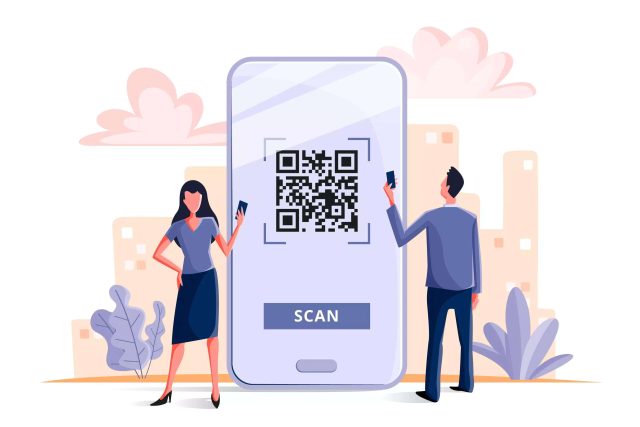People who have already reduced their debit card usage have got one more reason to not lug them along outside.
The recent move by the National Payments Corporation of India (NPCI) to allow prepaid payment instruments (PPIs) to become a part of the interoperable UPI ecosystem is expected to further boost UPI payments.
UPI payments were favoured for small-ticket transactions and debit cards for bigger ones. Now, the National Payments Corporation of India (NPCI) has authorized payments through prepaid payment instruments (PPIs) such as mobile wallets, using quick response codes. While this is a positive development for the UPI ecosystem, it has led to questions about the necessity of debit cards. Unlike debit cards, PPIs allow users to conduct all their transactions without displaying them in their savings account. PPI payments are more convenient and also reduce the risk of fraud because users do not need to enter their debit card PIN every time they make a payment. Moreover, PPI interoperability also enables users to make payments in smaller retail outlets where a point of sale machine may not be available. However, it remains to be seen whether PPI UPI will completely replace debit cards, as the former may not be viable for transactions below Rs 2,000.
UPI transactions rose 66.4 per cent YoY to 7.5 billion in February, while debit card transactions fell 20 per cent YoY to 220 million, according to data from the Reserve Bank of India.




The Most Read
Сryptocurrencies
Bitcoin and Altcoins Trading Near Make-or-Break Levels
Financial crimes
Thieves targeted crypto execs and threatened their families in wide-ranging scheme
Financial crimes
Visa Warning: Hackers Ramp Up Card Stealing Attacks At Gas Stations
News
Capitalism is having an identity crisis – but it is still the best system
Uncategorized
The 73-year-old Vietnamese refugee is responsible for bringing Sriracha to American consumers
Uncategorized
Electric Truckmaker Rivian, Backed By Amazon, Ford, Raises Whopping $1.3 Billion